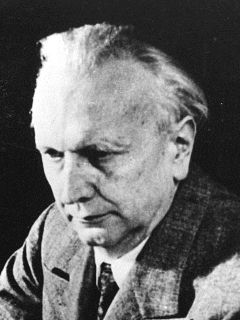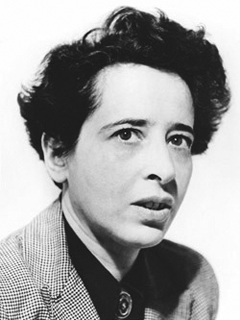

Hannah Arendt
pp. 158-168
in: Jenny Teichmann, Graham White (eds), An introduction to modern European philosophy, Berlin, Springer, 1998Abstrakt
Hannah Arendt is one of the most seminal political theorists of the twentieth century. Born into a Jewish family of Konigsberg, East Prussia (now Russia) in October, 1906, she studied under both Martin Heidegger at Marburg and Karl Jaspers at Heidelberg in the 1920s. The rise of Nazism then made her a refugee for the next decade: first to Paris in 1933 and eventually to the United States in 1941. Following World War II, she emerged as a rising figure within political philosophy with the publication of The Origins of Totalitarianism (1951) — a staple text on this topic still today. For the next two and a half decades, she lectured and wrote on political theory and philosophy at such noted American universities as the University of Chicago and the New School for Social Research in New York. She ultimately died from a heart attack on December 4, 1975, leaving unfinished her Gifford Lectures, posthumously published as The Life of the Mind (1978), and Lectures on Kant's Political Philosophy (1982).





